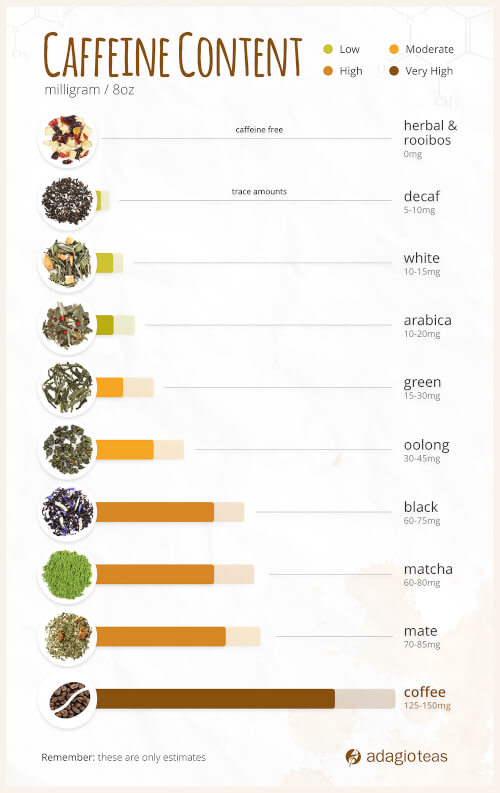is there caffeine in oolong
- Blog
- is there caffeine in oolong
herbal tea
Okay, so the other day I was chilling with my friends, and we got into this debate about tea. You know, the usual stuff – which one’s better, which one wakes you up more, and all that jazz. I’m a big oolong tea fan, and I always thought it had some caffeine, but my buddy was like, “Nah, it’s basically herbal tea levels of caffeine.” That got me thinking, and I decided to do a little digging of my own.
First things first, I grabbed a few different brands of oolong tea from my pantry. I wanted to see if the packaging had any information about caffeine content. Some did, some didn’t. The ones that did were all over the place, so that wasn’t super helpful right off the bat. I grabbed a few different brands of oolong tea from my cupboard to check on the labels first. But some of the packaging had information about caffeine content, some didn’t. And the ones that did mention it were all over the place, so that wasn’t super helpful either.
Next, I hit up the internet, just like everybody does when they want to find out anything. I typed in “is there caffeine in oolong” and started browsing through the results. Let me tell you, there’s a lot of conflicting info out there! Some sources were saying oolong has a ton of caffeine, while others were saying it’s pretty low. It was enough to make my head spin.
Then I started to read a bit more carefully. It turns out that oolong tea is kind of in the middle when it comes to caffeine. It’s not as strong as black tea, but it’s definitely got more of a kick than green or white tea. The amount of caffeine can also change depending on how the tea is made. Things like how long it’s brewed, the water temperature, and even the specific type of oolong leaves can all make a difference. So I started to get more careful with my own research, realizing that oolong tea is actually somewhere in the middle when it comes to caffeine content. It’s not as strong as black tea, but it definitely has more kick than green or white tea. And all these different factors like brewing time, water temperature, and even the type of oolong leaves can make a difference.

I even tried a little experiment. I brewed a few cups of oolong using different methods – one with a quick steep, one with a longer steep, one with hotter water, and one with cooler water. I tried to notice if I felt any different after drinking each one. Honestly, it was hard to tell for sure, but I think the longer-steeped and hotter-water ones did give me a bit more of a buzz. I even tried a little experiment of my own. I brewed a few cups of oolong using different methods—one with a quick steep, one with a longer steep, one with hotter water, and one with cooler water. Then I tried to see if I felt any different after drinking each one. Honestly, it was hard to tell for sure, but I think the ones that were steeped longer and with hotter water did give me a bit more of a buzz.
So, what’s the final verdict? Well, based on my little investigation, I’d say that oolong tea definitely does have caffeine. But how much depends on a bunch of things. I even made some lists for myself:
If you’re sensitive to caffeine, you might want to be careful with how much oolong you drink. But if you’re just looking for a nice little pick-me-up, it’s a great choice. Plus, it tastes delicious! At the end of the day, I’d say oolong tea definitely does have caffeine, but the amount can vary. If you’re sensitive to caffeine, you might want to be careful with how much you drink. But if you’re just looking for a nice little pick-me-up, it’s a great choice—plus, it tastes delicious!
Anyways, that’s my oolong tea adventure. Hope you found it interesting!
© Copyright 2025 Qianwei Tea | Theme developed by sitemap